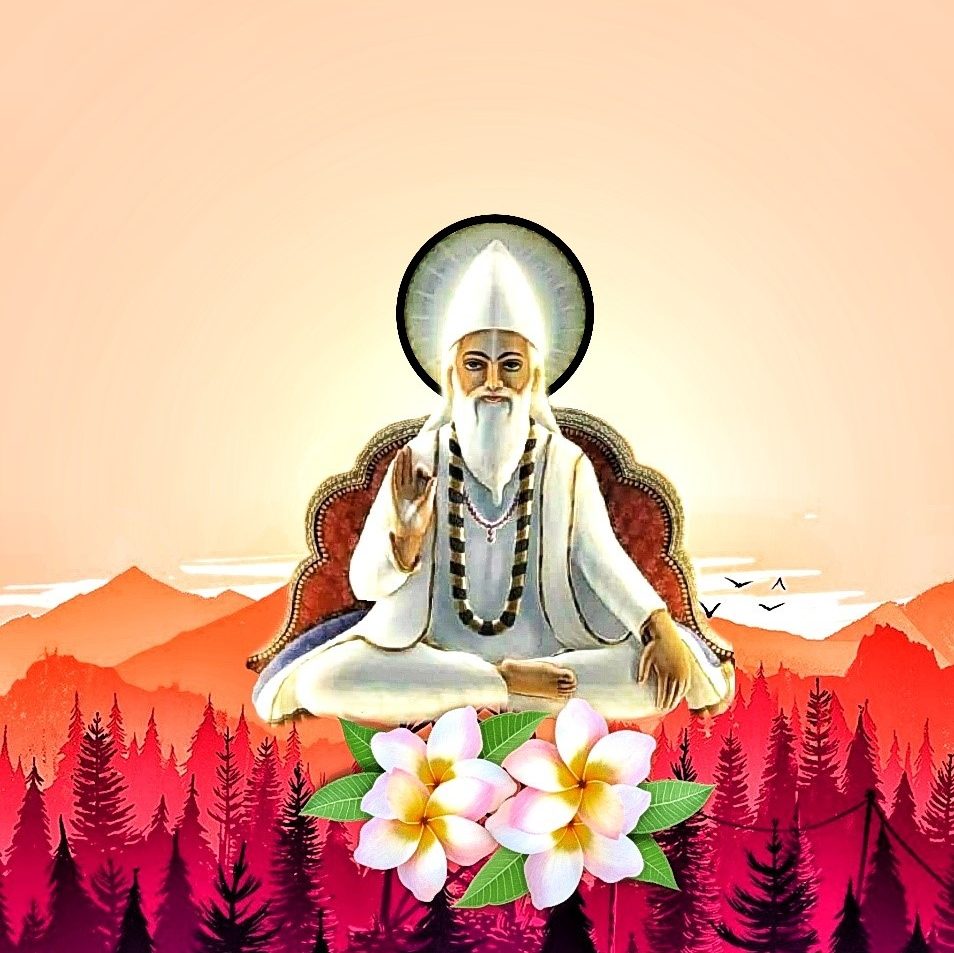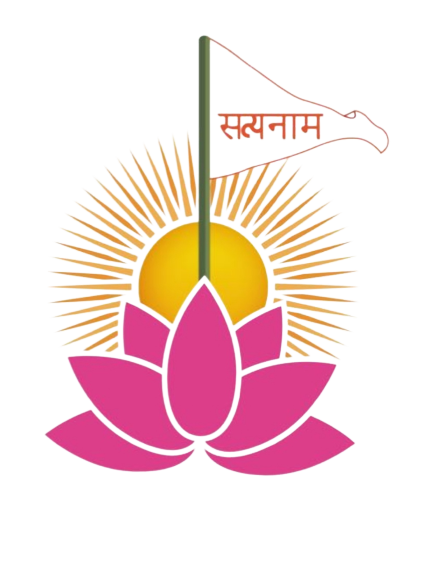
The name of eminent Saint Kabir is remembered with great reverence and devotion in spiritual world. Kabir saheb was an oral poet whose works were written down by others. His lyrics have flourished everywhere, producing music, folk and classical, in countless local dialects and regional styles. Thousands of poems are popularly attributed to Kabir saheb, but only a few written collections have survived over the centuries. Although Kabir saheb’s teachings are anti-sectarian and esoteric, overtime the teachings have been developed into various rituals. During their religious ceremonies Kabirpanthis sing the bhajans and sakhis [couplets] of Kabir to the music of cymbals, drums and other East Indian instruments. Kabir saheb is everyone’s universal Saint. He was a Master of inner light and sound mysticism, musician and poet of Nirguna Bhakti.
Kabir Saheb himself stated that he came into the world in every age to instruct people in spirituality, and to give them liberation. In Sat Yuga [golden age] he stated that his name was Sat Sukrit; in the Treta Yuga [silver age] his name was Moonindra ; in Dwaapar Yuga [bronze age]he was called Karunaameye, and in Kali Yuga [iron age ]his name was Kabir. As such, in this present age he is known as Kabir saheb.
Saint Kabir’s teachings represent the highest spiritual teachings which can be obtained anywhere. His teachings are for all people, whether they are kings or paupers. Only a saint of the highest caliber can make such a statement saint Kabir was first in various fronts –
*The first to be recognized as the father of Hindi poetry
*The first to introduce the concept of Sant Mat
*The first to introduce Sahaj Yoga resulting in sahaj Samadhi
*The first to reduce the loftiest spiritual teachings from its former Sanskrit to the language of the common man
*The first to be accepted by both Hindus and Muslim, as either Guru or Peer.
Kabir Saheb holds a unique place in spirituality. It is not easy to categorize him as belonging to one school or philosophical thought, or another. He was a “universalist” and a supreme mystic.
